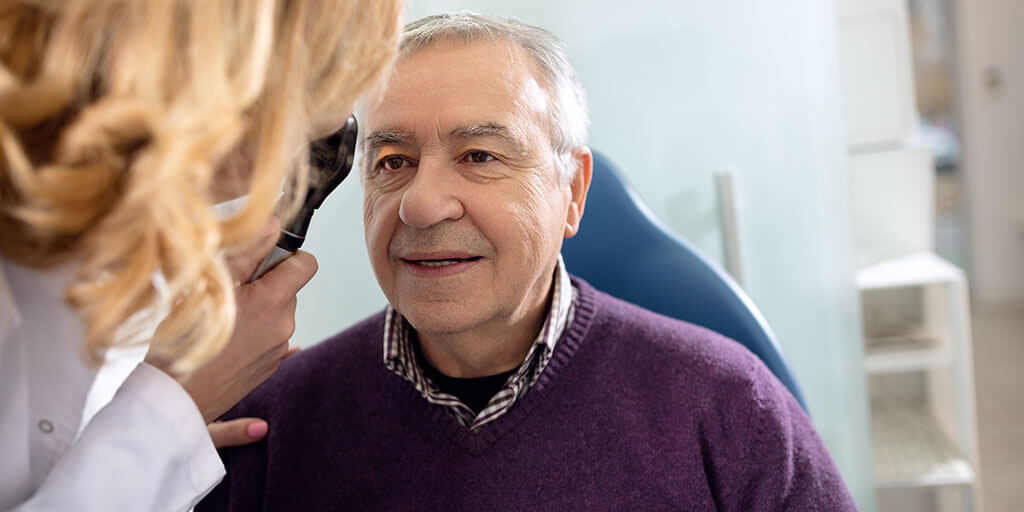High Blood Pressure and Eye Care

The imminent health risks of high blood pressure are well documented. Specifically, high blood pressure puts an enormous strain on the circulatory system, including the arteries and heart, as well as the brain, kidneys and reproductive system. But did you know that high blood pressure can also affect your vision? Numerous studies have shown that there is a direct link between high blood pressure and poor eyesight.
For instance, elevated blood pressure can damage your retina. The condition can also increase fluid buildup around the eyes leading to nerve damage in and around them. So, if you are wondering why your vision is deteriorating, it could be due to your blood pressure levels and may be time to schedule an eye exam at Gulf Coast Vision Center. Let's take a closer look at how high blood pressure affects your eyes.
Damage to the Retina
High blood pressure can damage the tiny, delicate blood vessels that supply blood to your eyes. What are the effects?
Retinopathy
As the light-sensitive tissue in the back of the eye becomes damaged, your eye may suffer from excess bleeding, as well as blurred vision. The condition can ultimately lead to total vision loss. Your chances of losing your sight increase if you also have diabetes.
Choroidopathy
Constant pressure on the blood vessels may result in impaired or distorted vision. Fortunately, this condition is reversible if you take steps to lower your blood pressure consistently.
Neuropathy
Restricted blood flow can damage the optic nerve. When this occurs, you may experience vision loss or bleeding inside the eyes. If so, you may need an emergency medical visit.
Symptoms of Retinopathy
Hypertension can cause damage to the blood vessels in the retina, the area at the back of the eye where images focus. This ultimately leads to hypertension retinopathy. The damage can be serious if hypertension is not treated. Symptoms of this condition include:
- Reduced vision
- Eye swelling
- Bursting blood vessel
- Double vision
- Headaches
- Eye floaters
If you notice one or more of these symptoms, and they do not seem to go away, you should contact your eye doctor immediately and schedule an eye exam.
Schedule an Eye Exam at GCVC Today!
Contact Gulf Coast Vision Center today at one of our locations—Pace, Milton, Crestview or Pensacola—to schedule a comprehensive eye exam.
